Condoleezza Rice supports Trump, says she wouldn't sign Iran deal
Former secretary of state in the George W. Bush administration Condoleezza Rice supports US President Donald Trump and says she would not have signed the Iran nuclear deal stating that it won’t be “the end of the world” if Trump decides to pull out.
“I would not have signed this deal. I don’t think it was a very good deal. I think we were in a hurry to get a deal and we left a lot on the table,” Rice, a supporter of the Iraq war, said on Fox News.
"The allies love this deal, and I certainly hope that in their meeting with President Trump that [French President Emmanuel] Macron and [German Chancellor Angela] Merkel talk about ways to improve the deal if we're going to stay in it," she stated.
"But if we get out of this deal, it's going to be just fine," she said. “But I don’t think it’s the end of the world if the administration leaves the agreement.”
"The Iranians, I think, will try and stay in because they do want that investment eventually to start flowing."
Rice added that she would not have signed the Iran deal, and that while there is an argument to be made for staying in it to maintain US alliances, there is no real argument to stay.
.@CondoleezzaRice on the Iran deal: “I would not have signed this deal. I don’t think it was a very good deal. I think we were in a hurry to get a deal and we left a lot on the table.” pic.twitter.com/4cJIICp4Ld
— Fox News (@FoxNews) May 1, 2018
"I would probably have stayed in for alliance management purposes, but I have no argument," she said. "If the president decides to pull out of the deal, I have no argument with that."
Looming deadline
Trump has until May 12 to decide whether to continue on with the agreement, seek changes, or abandon it. Trump on Monday seemed to indicate once again that he could leave the agreement, and said the US got "nothing" after signing the deal and giving Iran access to billions of dollars.
Iran and the five permanent members of the United Nations Security Council – the US, France, Britain, Russia and China – plus Germany signed the nuclear agreement on July 14, 2015 and started implementing it on January 16, 2016.
Under the Joint Comprehensive Plan of Action (JCPOA), Iran undertook to put limits on its nuclear program in exchange for the removal of nuclear-related sanctions imposed against Tehran.
Trump has repeatedly described the JCPOA, which was negotiated under his predecessor, Barack Obama, as “the worst and most one-sided transaction Washington has ever entered into,” a characterization he often used during his presidential campaign, and threatened to tear it up.
Trump has threatened to pull out of the JCPOA unless Congress and America's European allies help "fix" it with a follow-up agreement within a 120-day deadline that ends May 12
He has given the European signatories, namely France, Britain and Germany, until that date to fix the “flaws” in the JCPOA.
The US president argues that the nuclear deal should address Iran’s domestic defense program as well as its role in the region.
Trump’s ultimatum has created a rift in the European Union. Some of the bloc’s states, mainly France, have been seeking to allay the US president’s “concerns,” while others such as Italy have warned against putting pressure on Iran.
Tehran has said the deal, which is the result of over a decade of negotiations, is not up for renegotiation, and that it has prepared several options for responding to a possible US pullout.
Hamas thanks Iran, Resistance Front following achievement of ceasefire in Gaza
'Capitulation': Israeli officials and media concede Gaza defeat as truce unfolds
'Gaza has won': Social media users react to ceasefire with mix of relief, joy
Iran seeks South Korea’s assistance for AI, fiber-optic projects
VIDEO | Iran's 'Eqtedar' (Power) maneuver
Israel hits HTS military target in Syria for 1st time since fall of Assad
VIDEO | Press TV's news headlines
Israel has slaughtered 13,000 students in Gaza, West Bank


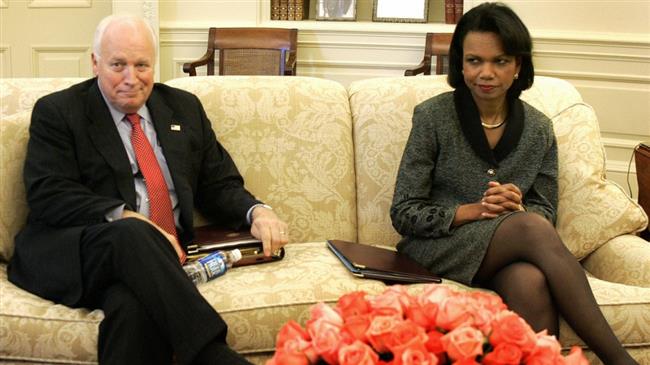


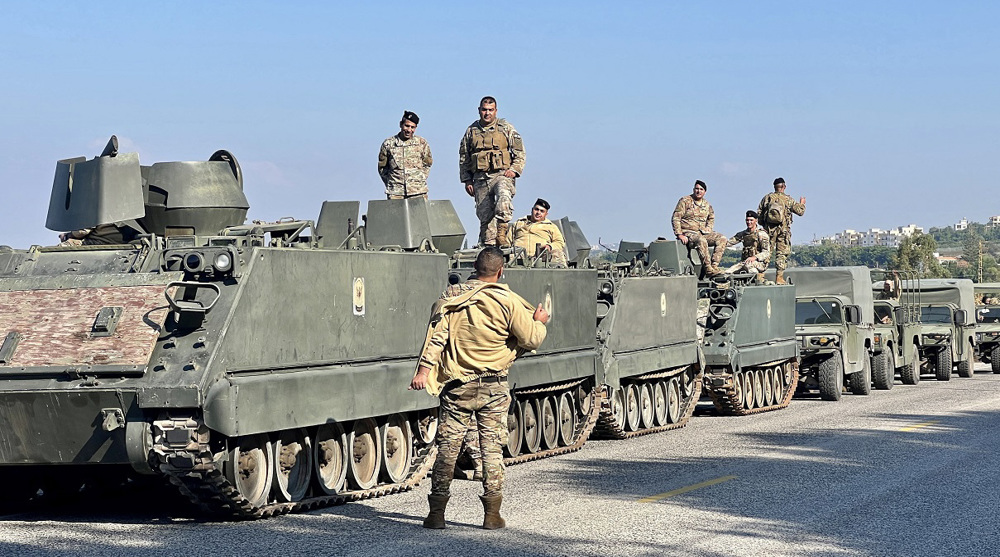
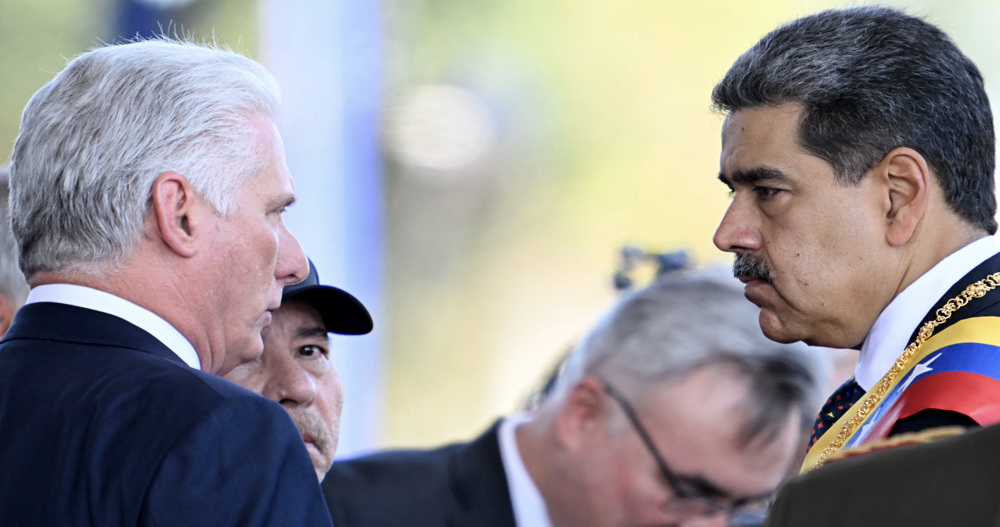



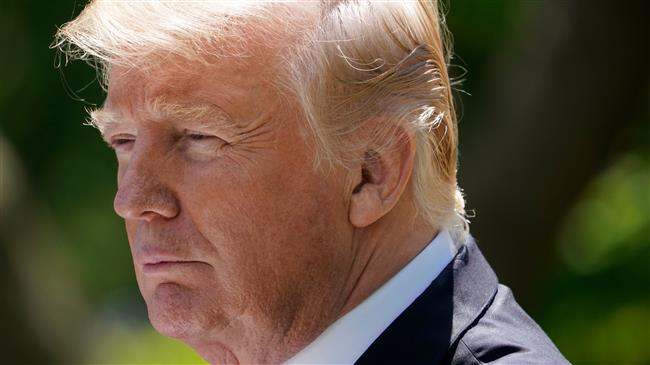
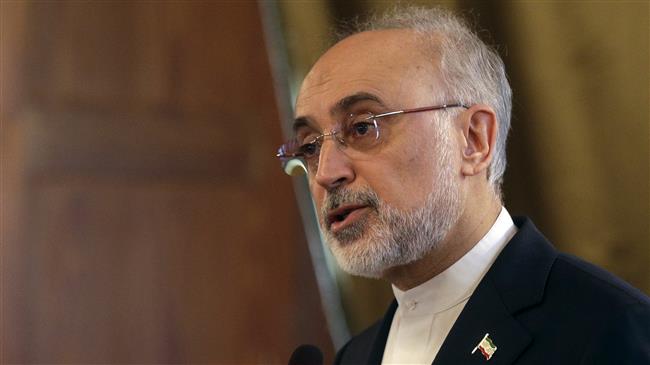
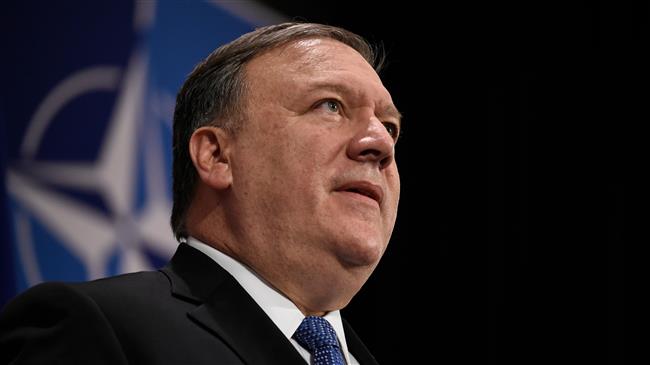

 This makes it easy to access the Press TV website
This makes it easy to access the Press TV website